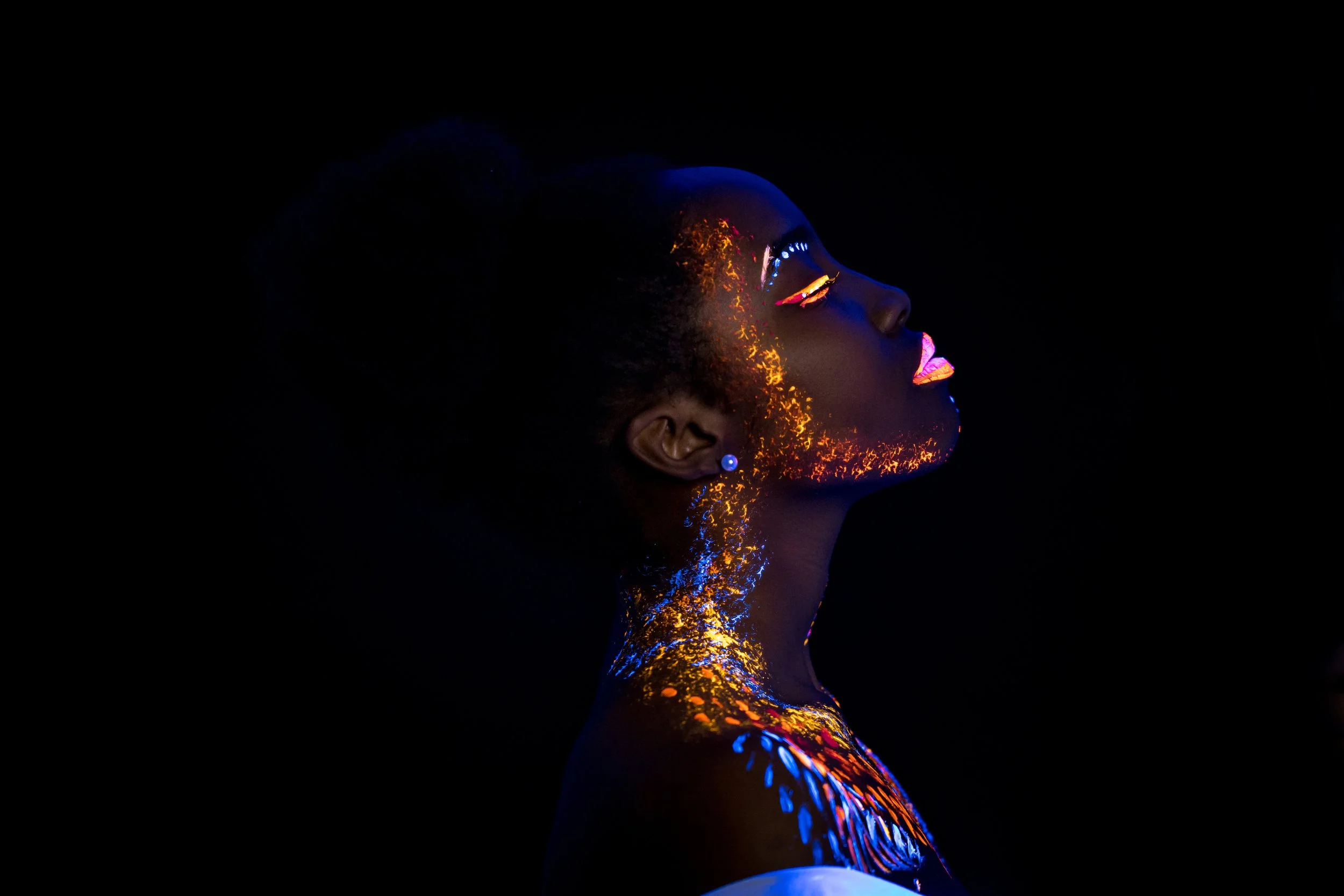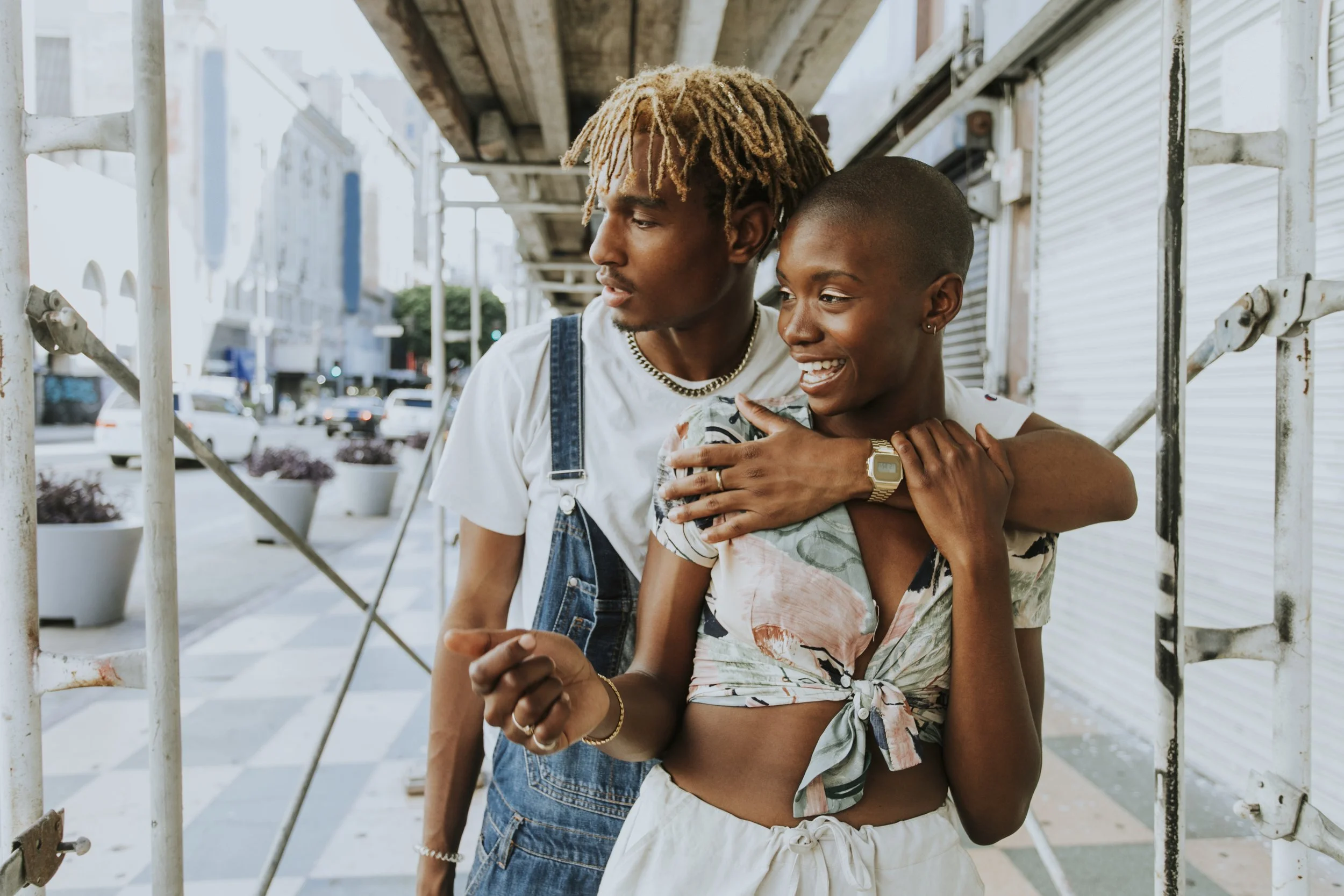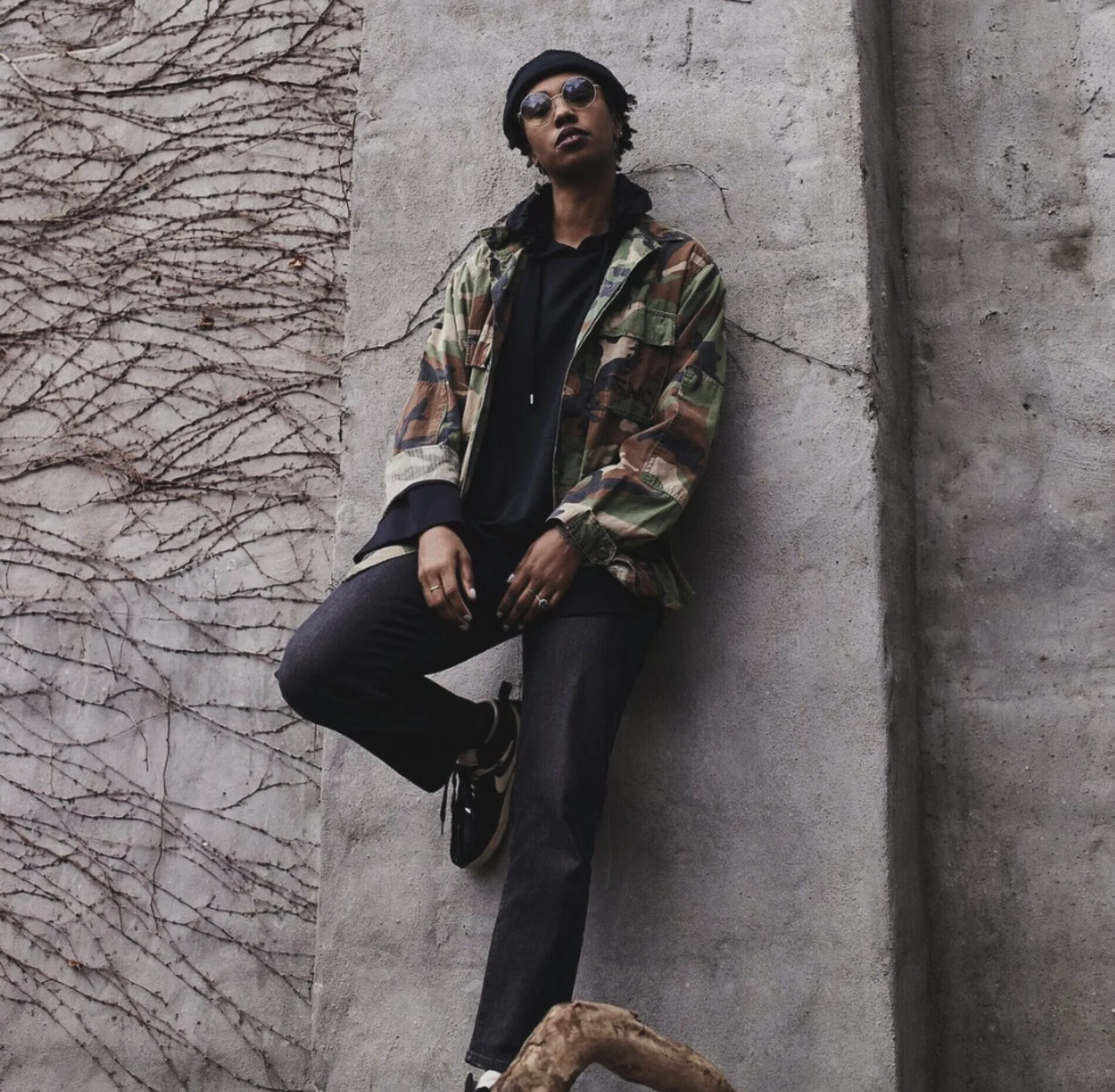Brand Spotlight: Proclaim
We first interviewed Shobha Philips, founder of Proclaim, back in 2017. Since then, her brand has grown to become an even bigger inspiration — challenging the fashion industry to create with skin tone and size inclusivity; ethics and sustainability; traceability and transparency in mind.
ESJ recently had a chance to catch up again with Shobha to see what Proclaim has been up to since. Dive into our Q&A below.
Tell us about your inspiration for starting the brand.
I am inspired by women, like me, who have never felt seen or represented in the fashion industry. I started Proclaim because I was tired of not being able to find a nude bra that matched my brown skin as an Indian woman. For years the fashion industry chose to ignore me and millions of women that don’t have the skin color that is ubiquitously known as nude. It was something I was aware of for as long as I can remember. I knew I wanted to be a part of the movement to revolutionize nude, but if I was going to do this, I wanted to do it right. Beyond inclusivity, there are so many issues in the fashion industry that are long overdue for change — specifically its negative effects on people and the environment.
Do you believe Proclaim is now a leader in sustainable nude lingerie?
I’d like to think we are leading the way. We’ve been around since 2017, but if you walk into any lingerie store today, you are still met with a sea of beige. Diverse nude options in intimates are still hard to come by in 2020. There is a lot of work to do.
Since starting Proclaim in 2017, what are some of the biggest changes you’ve noticed in fashion?
I do think we are slowly moving away from fast fashion and towards slow fashion. There are more classic silhouette options that are designed to wear for years to come. Larger fashion brands are talking about sustainability more, too. Whether it’s a marketing ploy or truly an effort to be more conscious is a different story, but brands are at least acknowledging the importance of this movement.
Not every brand defines "sustainable” and “ethical” exactly the same. How do you define these terms and incorporate them into your brand?
I think of “ethical” as the people component and “sustainability” as the environmental component. For Proclaim, we strive to be both ethical and sustainable. We manufacture locally in Los Angeles, where our pieces are made in factories that pay fair wages and have safe working conditions. As far as sustainability, we source materials locally to reduce the carbon footprint of our supply chain and use eco-friendly fabrics and packing materials.
One of the main values that separates ethical and sustainable fashion from fast fashion is transparency throughout the supply chain. Could you tell us how and where you source your materials and share a little about the processes your products go through from conception to completion?
We use earth-friendly fabrics that are knit locally in Southern California. Dyeing is done in LA as well by dye houses that adhere to strict federal, state, and local guidelines on chemical use and management. The whole process from start to finish takes about 4 to 5 months. It starts with creating a mood board, which I share with the technical designer. She creates several sketches that are then narrowed down to a final selection for sample making and several rounds of fittings. We expanded our sizing to run from S-XL to S-3X in 2019. For fittings, we fit our size small and 2X on fit models to ensure we are getting the perfect sizing for different body types. Once the sample is finalized, production can begin. We quality check each piece off the line to make sure it meets our standards before sorting and organizing by size and color for fulfillment.
Aside from shopping brands like yours, how do you feel consumers can take more responsibility in creating a more ethical fashion industry?
I think the biggest impact we can make is not through consumerism but the absence of it — by continuing to mend and wear the pieces that are already in our closets, buying secondhand, or donating clothing we don’t wear.
“I think the biggest impact we can make is not through consumerism but the absence of it.”
Could you name a few of your favorite sustainable fashion brands and tell us why they appeal to you?
I love brands that strive to represent women of all shapes, sizes, and skin tones. Poplinen and Sotela are some favorites that are size inclusive, sustainable, and founded by women of color.
What’s the biggest lesson you’ve learned as a designer in this industry and what would be your advice to up-and-coming designers?
There are no rules. With the rise of social media and e-commerce, the fashion industry no longer adheres to seasons or markets that determine your success. There is so much freedom and power in that for smaller brands and designers.
What’s next for Proclaim?
More nudes! There are so many more wardrobe staples that women need in their shade of nude. I want to find a way to make these pieces and do it in a more sustainable, ethical way. Right now, with COVID-19, we have switched gears. In order to continue to support our supply chain — from suppliers to sewers — we have switched over to making cloth masks. We have created a buy one, donate one model. With each purchase, one mask will be donated to various organizations, starting with Downtown Women’s Center, which is currently housing almost 150 women in LA in addition to providing 600+ meals and hygiene kits a day to the homeless community.
Shop the collection at wearproclaim.com.
















